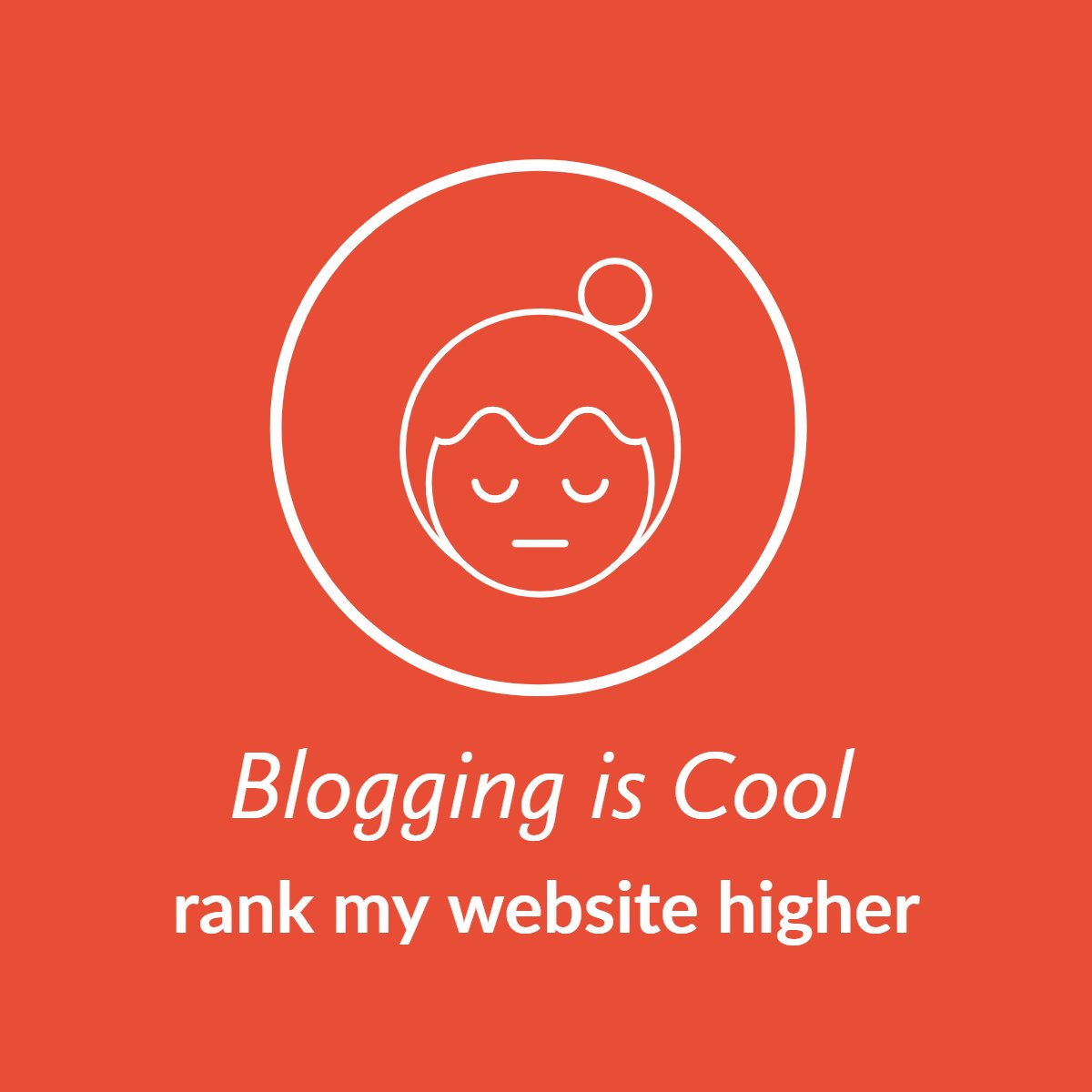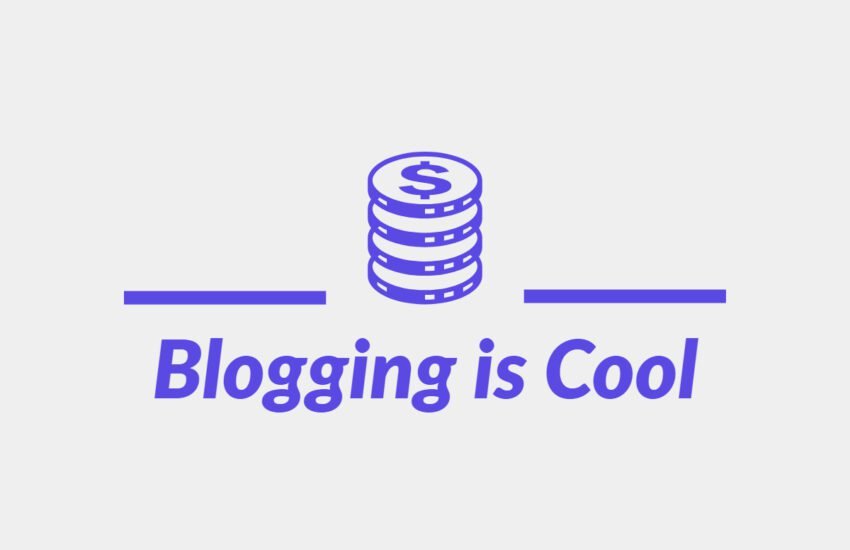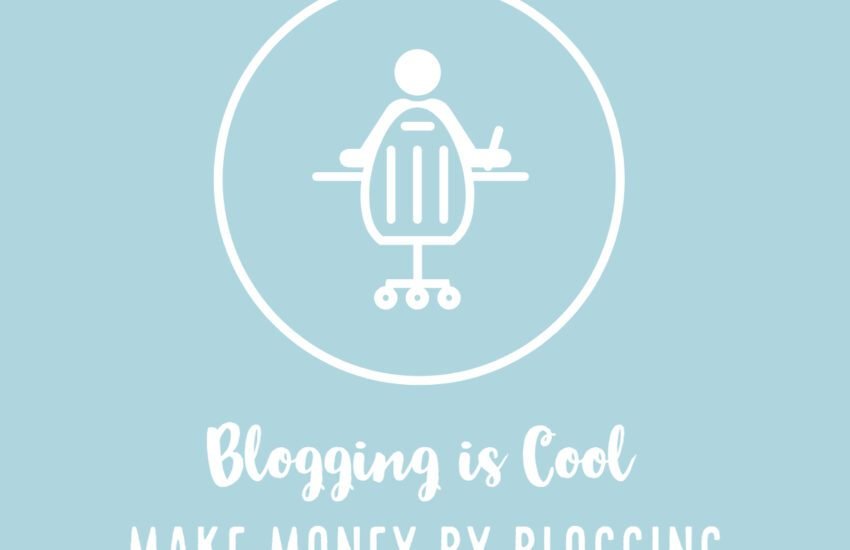Your Blog will Die eventually if You Keep Buying Backlinks
What are Backlinks?
Backlinks are an essential aspect of search engine optimization (SEO) and play a crucial role in determining the ranking of a blog on search engine result pages (SERPs).
As a blog owner, you may have come across the option to buy backlinks as a means to improve your website’s visibility and increase organic traffic.
However, it is important to understand the potential consequences of buying backlinks and how it may affect your blog’s relationship with search engines, particularly Google.
Google, being the most widely used search engine, has established strict guidelines to ensure the quality and relevance of websites in its search results.
The search engine giant places great importance on natural, organic backlinks that are earned through valuable content and genuine connections.
Therefore, any attempt to manipulate these rankings through the purchase of backlinks is considered a violation of Google’s guidelines.
When you buy backlinks, you are essentially engaging in a practice known as “black hat SEO.”
Black hat SEO refers to any technique that aims to deceive search engines and artificially boost a website’s ranking. Google actively penalizes websites that engage in such practices, and the consequences can be severe.
Google On its website explicitly says this and we quote:
Google uses links as an important factor in determining the relevancy of web pages. Any links that are intended to manipulate rankings in Google Search results may be considered link spam. This includes any behavior that manipulates links to your site or outgoing links from your site. The following are examples of link spam:
- Buying or selling links for ranking purposes. This includes:
- Exchanging money for links, or posts that contain links
- Exchanging goods or services for links
- Sending someone a product in exchange for them writing about it and including a link
- Excessive link exchanges (“Link to me and I’ll link to you”) or partner pages exclusively for the sake of cross-linking
- Using automated programs or services to create links to your site
- Requiring a link as part of a Terms of Service, contract, or similar arrangement without allowing a third-party content owner the choice of qualifying the outbound link
- Text advertisements or text links that don’t block ranking credit
- Advertorials or native advertising where payment is received for articles that include links that pass ranking credit, or links with optimized anchor text in articles, guest posts, or press releases distributed on other sites. For example:
There are many wedding rings on the market. If you want to have a wedding, you will have to pick the best ring. You will also need to buy flowers and a wedding dress.
- Low-quality directory or bookmark site links
- Keyword-rich, hidden, or low-quality links embedded in widgets that are distributed across various sites
- Widely distributed links in the footers or templates of various sites
- Forum comments with optimized links in the post or signature, for example:
Thanks, that’s great info!
– Paul
paul’s pizza san diego pizza best pizza san diego
Google does understand that buying and selling links is a normal part of the economy of the web for advertising and sponsorship purposes. It’s not a violation of our policies to have such links as long as they are qualified with a rel="nofollow" or rel="sponsored" attribute value to the <a> tag.
Here’s where you can find all this information about Spam Links
Why Google Doesn’t Like the Purchase of Backlinks
One of the primary reasons Google takes a strong stance against buying backlinks is to maintain the integrity of its search results.
By penalizing websites that use manipulative tactics, Google ensures that the websites appearing in its search results are genuinely relevant and valuable to users.
If websites could easily buy their way to the top of the rankings, the search results would be flooded with low-quality content and irrelevant websites, ultimately diminishing the user experience.
When Google detects the use of purchased backlinks, it may take various actions to penalize the website.
These penalties can range from a drop in rankings to a complete removal from the search results. The severity of the penalty depends on the extent of the violation and the website’s history of compliance with Google’s guidelines.
Furthermore, the negative impact of buying backlinks extends beyond the immediate penalty.
Google’s algorithms are constantly evolving to detect and combat manipulative practices.
If your blog is caught buying backlinks, it may face long-term consequences, including a tarnished reputation, reduced trust from users, and a prolonged struggle to regain its previous rankings.
What a Blogger should do instead of Buying Backlinks
Focus on High Quality Content
Instead of buying backlinks, a blog owner should focus on creating high-quality content that people want to read and share.
This means writing articles that are informative, engaging, and relevant to their target audience. By consistently producing valuable content, blog owners can attract organic backlinks from other websites naturally. High-quality content will naturally attract backlinks from reputable websites.
By producing valuable content that resonates with your target audience, you increase the likelihood of other websites linking to yours, thereby improving your website’s visibility and authority.
Engage with Audience
Additionally, they should actively engage with their audience through social media, email newsletters, and online communities to promote their content and encourage sharing.
Collaborations
Collaborating with other bloggers or influencers in their niche can also help expand their reach and attract more backlinks.
Optimize Website
Furthermore, optimizing their website for search engines by using relevant keywords, improving site speed, and ensuring mobile-friendliness can enhance their chances of ranking higher in search results and attracting organic backlinks.
Conclusion
By focusing on creating valuable content and building genuine relationships with their audience and peers, blog owners can establish credibility and authority in their niche without resorting to buying backlinks, which can ultimately harm their website’s reputation and SEO performance.
It is advisable to focus on building a strong, organic backlink profile.
Additionally, you can actively engage in outreach efforts to connect with influencers, industry experts, and relevant websites to foster genuine relationships and earn backlinks through collaboration and content partnerships.
This approach not only helps to improve your website’s SEO but also enhances your brand’s reputation and credibility within your industry.
While the temptation to buy backlinks may seem appealing for a quick boost in rankings, it is important to understand the risks and consequences associated with this practice.
Google strongly discourages the manipulation of search rankings through the purchase of backlinks and actively penalizes websites that engage in such practices.
Instead, focus on creating valuable content and building genuine connections to earn organic backlinks, which will lead to long-term success in your website’s SEO efforts.


